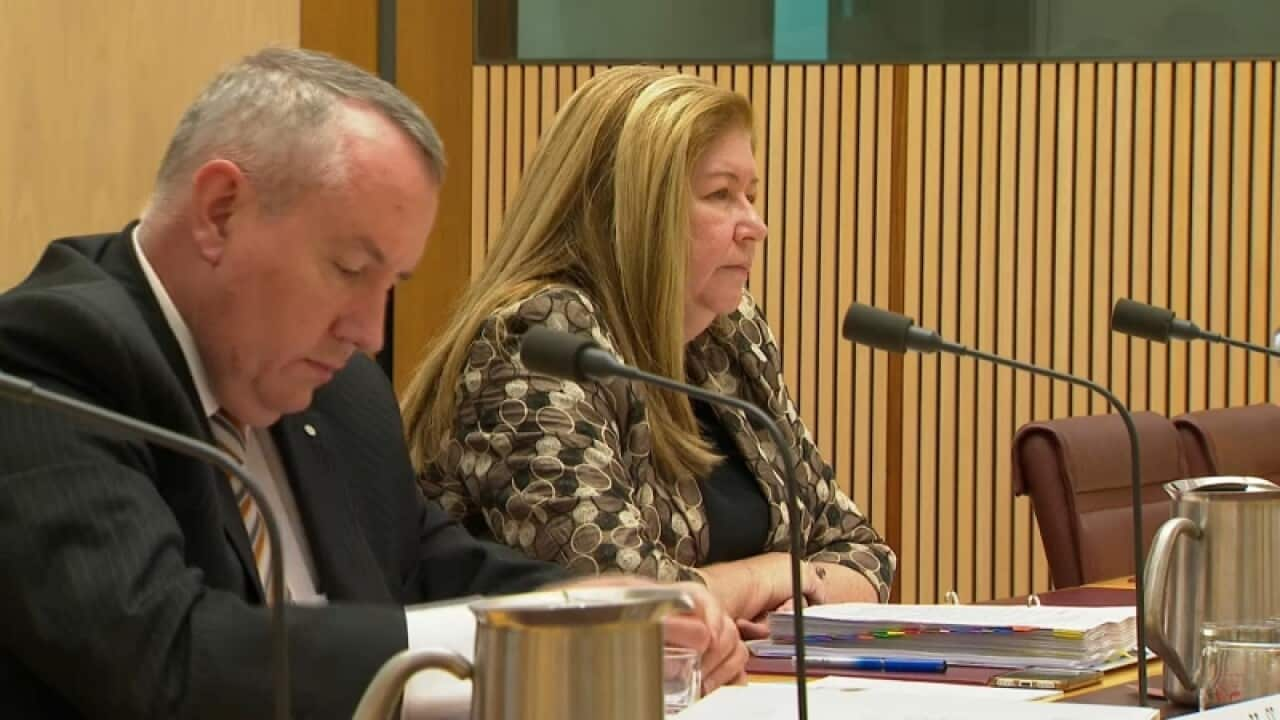Visa applications are set to rise above 13 million per annum by the year 2028, and the Department of Home Affairs says this leaves it no choice but to outsource visa processing.
The federal government plans to spend $80 million developing what it is calling the "Global Digital Platform".
Malisa Golightly, from the Department of Home Affairs, says any suggestion jobs will be lost as a result of the change, is incorrect.
John Hourigan is the national president of the Migration Institute of Australia (MIA).
He says the organisation does not support the implementation of the Platform.
At a Senate Legal and Constitutional Affairs Committee hearing, Michael Tull, from the Community and Public Sector Union, raised concerns about the contract's limited tender.
There are concerns, too, that the privatisation of the visa application process could result in some applicants being disadvantaged.
The Community and Public Sector Union's Melissa Donnelly cited examples in the United Kingdom.
Michael Whaites, from Public Services International, also used the United Kingdom as an example of why privatising the visa application process would disadvantage some applicants.
Dr Abul Rizvi is a former deputy secretary of the Immigration Department.
He says a profit motive risks the integrity of the entire immigration system.
There are also fears the move could de-humanise the visa process, given that of the current 28 steps required to approve a student visa, only one would remain with the Department of Home Affairs.
But Home Affairs' Malisa Golightly insists visa processing will not be becoming a solely computerised system.
Advocates say the changes, and potential changes will affect those who can least afford them - vulnerable asylum seekers.
Sarah Dale, from the Refugee Advice and Casework Service, explains.
The government wants the privately-operated platform to be online next year.
Listen to the feature in Bangla in the audio player above.




